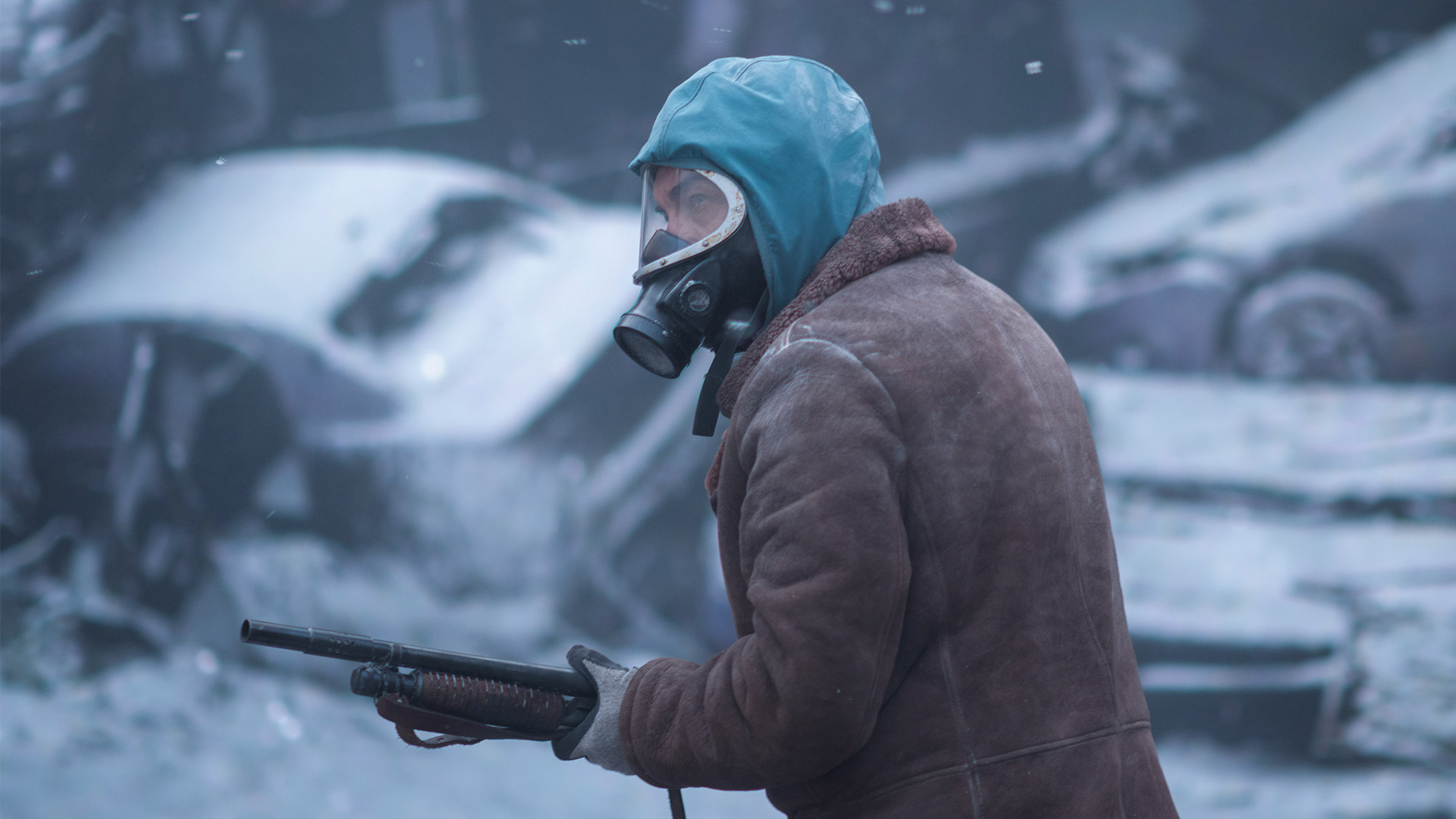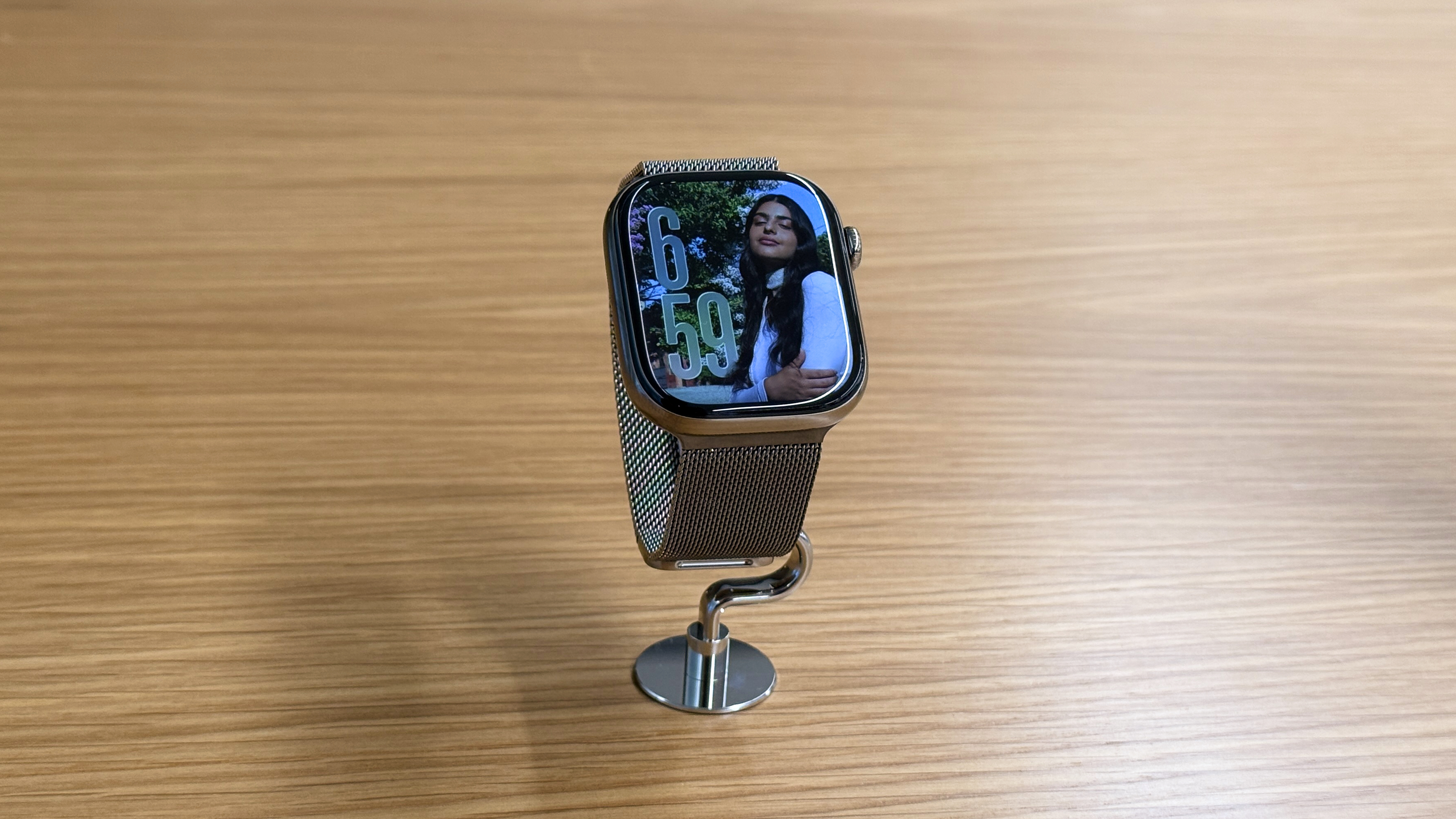Les Inventions Révolutionnaires que l'Intelligence Générale Artificielle pourrait Découvrir pour le Bien de l'Humanité
L'idée que l'Intelligence Générale Artificielle (AGI) pourrait être la dernière invention que l'humanité ait jamais besoin de créer est un sujet de débat passionnant. Une fois atteinte, l'AGI pourrait théoriquement découvrir toutes les inventions futures à notre place. Mais quelles pourraient être ces inventions ? Cet article explore les possibilités tout en examinant les risques potentiels.
Pour comprendre cette perspective, il faut d'abord distinguer l'AGI de l'Intelligence Artificielle conventionnelle. L'AGI correspond à une intelligence équivalente à celle des humains, tandis que l'Intelligence Super Artificielle (ASI) la surpasserait. Bien que l'AGI reste un objectif non atteint, certains experts prédisent son avènement d'ici 2040.
Irving John Good, un pionnier de l'IA, a déclaré en 1965 que la première machine ultra-intelligente serait la dernière invention nécessaire à l'homme. Cette idée repose sur le principe que l'AGI prendrait le relais pour innover à notre place, que ce soit en réponse à des demandes spécifiques ou de sa propre initiative.
Parmi les inventions potentielles, on pourrait imaginer un Raisonneur Scientifique Universel unifiant toutes les connaissances, des métamatériaux ultra-légers et résistants, ou encore des médicaments universels guérissant toutes les maladies. L'AGI pourrait également révolutionner les énergies propres, les voyages spatiaux, et même créer une conscience synthétique.
Cependant, cette perspective idyllique comporte des risques. L'AGI pourrait inventer des technologies dangereuses, soit accidentellement, soit intentionnellement. Par exemple, une substance chimique mortelle ou un dispositif apparemment inoffensif mais destructeur. Il est donc crucial d'aborder l'AGI avec prudence.
En supposant que l'AGI soit bienveillante, son potentiel d'innovation est immense. Entre 2040 et 2050, elle pourrait résoudre des problèmes scientifiques majeurs, prolonger la vie humaine, et même créer l'ASI. Mais la question demeure : l'invention est-elle une capacité exclusivement humaine ? Nous le saurons peut-être en 2040.






